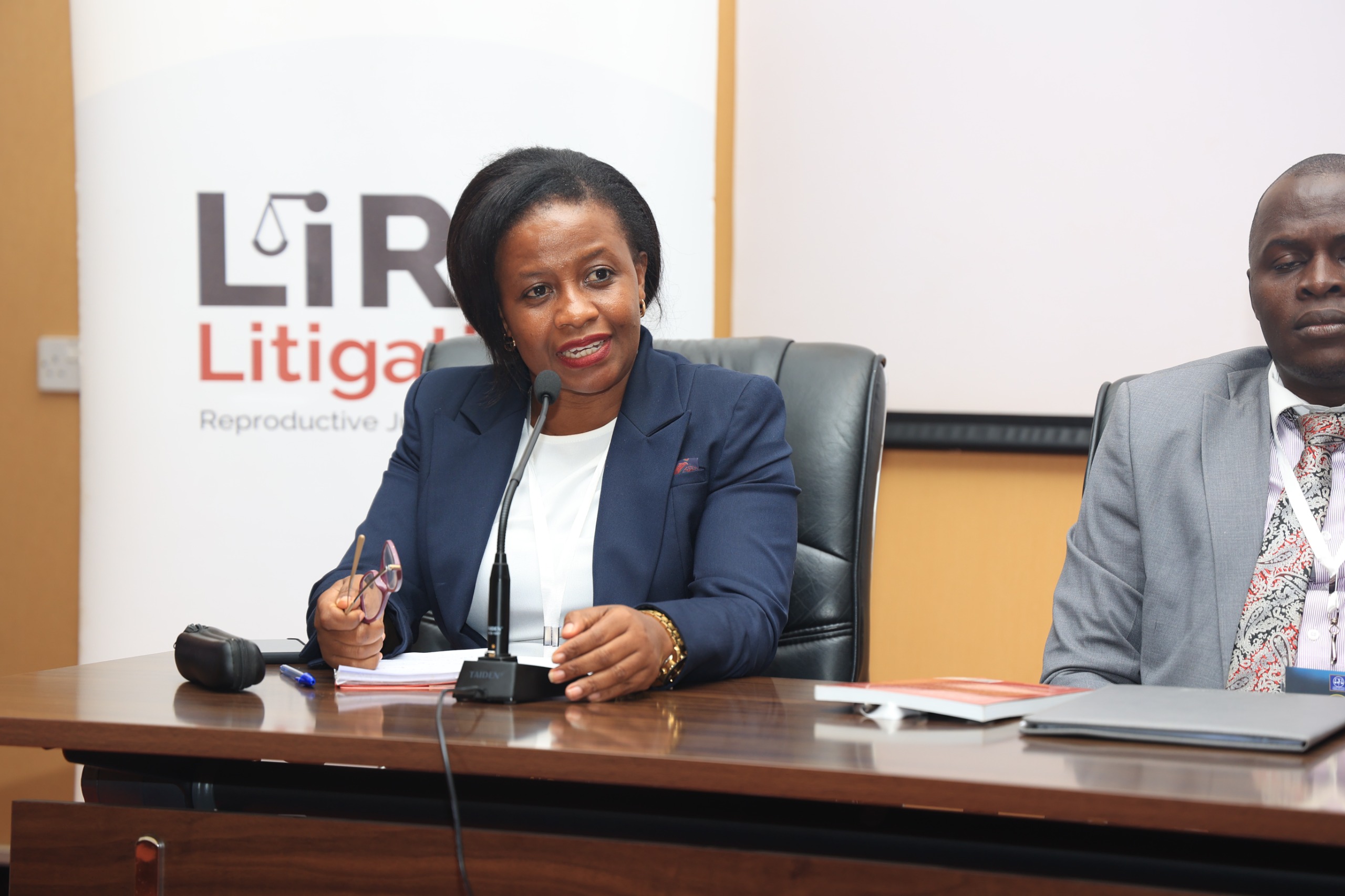
 Mama FM
Mama FM

 Mama FM
Mama FM
31 August 2024, 12:20 pm
By Byamukama Alozious
The annual law conference at the Commonwealth Hotel Munyonyo brought together numerous lawyers, law firms, and law students. A side panel hosted by Afya na Haki, an organisation advocating for sexual and reproductive health and rights (SRHR) in Africa and globally, featured health experts, lawyers, and law professors.
The panel, moderated by Dorothy Amuron, Vice Chair of the Health Law Cluster at the Uganda Law Society and Technical Advisor for CEHURD (Centre for Health, Human Rights and Development), discussed the theme: “Justiciability of the Right to Health: The Role of Courts in Advancing Maternal and Reproductive Health.
Amuron emphasised, “The right to health is a fundamental human right, essential for social justice. Despite its importance, its realisation remains uneven across jurisdictions.” The panel highlighted the need to enforce health-related rights by clearly identifying duty bearers responsible for upholding these rights. “This enables accountability and the redress of violations through the courts. However, constitutional limitations can sometimes hinder the enforceability of these rights.”
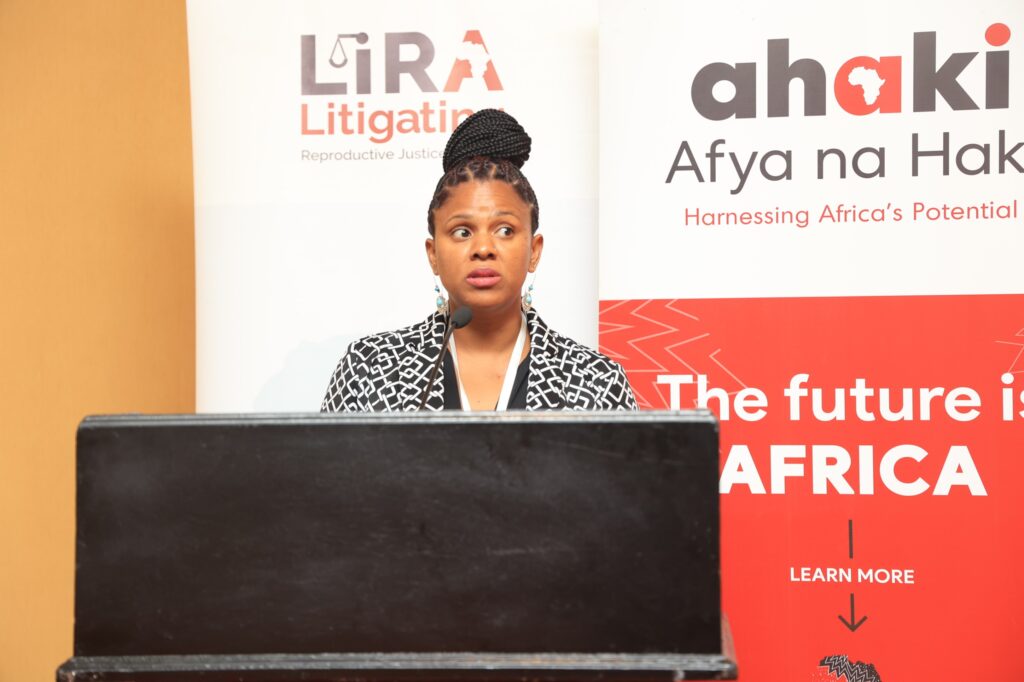
Dr Richard Mugahi, Commissioner for Reproductive Health at the Ministry of Health, reiterated the government’s commitment to providing accurate and non-judgemental information, ensuring that all young people can make informed choices about their sexual health. “Fifty percent of our population is under 18; this is a significant demographic. If we don’t provide them with information on health rights, they will seek it out on their own,” Commissioner Mugahi stated.
He also noted the increasing uptake of family planning among adolescents, acknowledging that this comes with challenges. The Commissioner added, “The Ministry has implemented strategies to ensure that people receive confidential and comfortable services.”
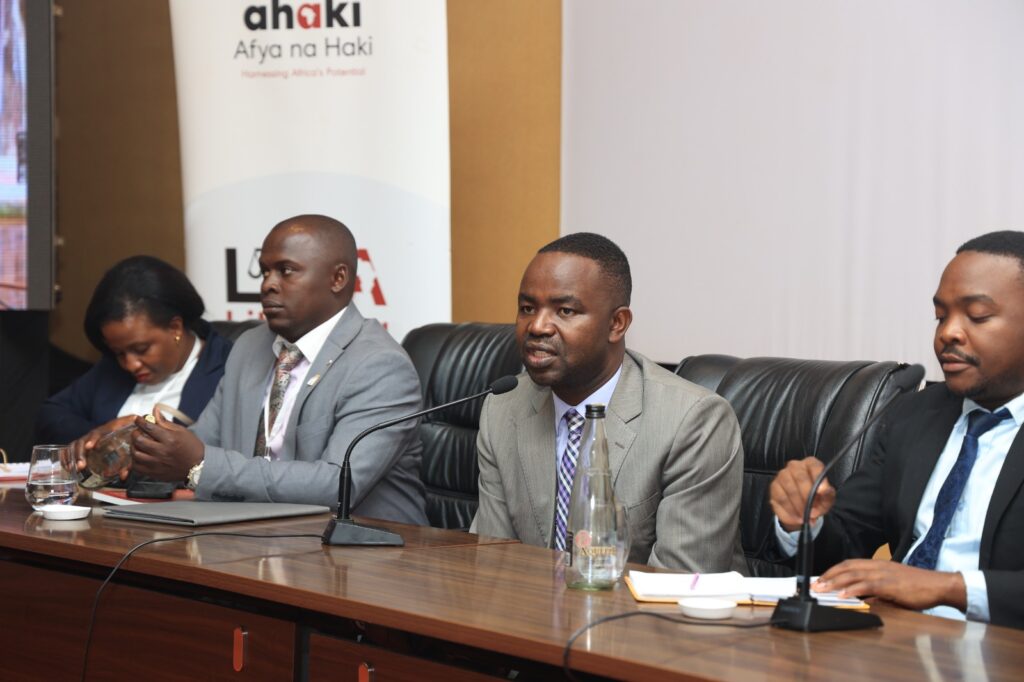
The Constitutional Court of Uganda’s judgment in Petition 16 emphasised the government’s obligation to provide emergency obstetric care in public health facilities, affirming the justiciability of maternal health rights. This landmark decision prompted efforts to enhance interventions, such as maternal and perinatal death surveillance and response. However, despite this progress, challenges persist in enforcing health-related rights due to constitutional limitations.
Her Worship Roselline Nsenge, Chief Magistrate at the Courts of Judicature, highlighted the role of the courts in ensuring health rights, stating, “It’s the only way to enforce rights into the public. There is a significant need for sharing information and raising awareness because the community remains silent about certain rights.”
She shared a distressing example: “I handled a case where a nurse was altering HIV test results, changing positive results to negative for a fee—between UGX 100,000 and 500,000. Many individuals trusted these falsified results, got married, and later discovered they were actually HIV positive. The spouse who believed they were safe ended up with HIV, making it heartbreaking to witness the damage caused by these fake results. The nurse was brought to court and charged, but the harm had already been done.”
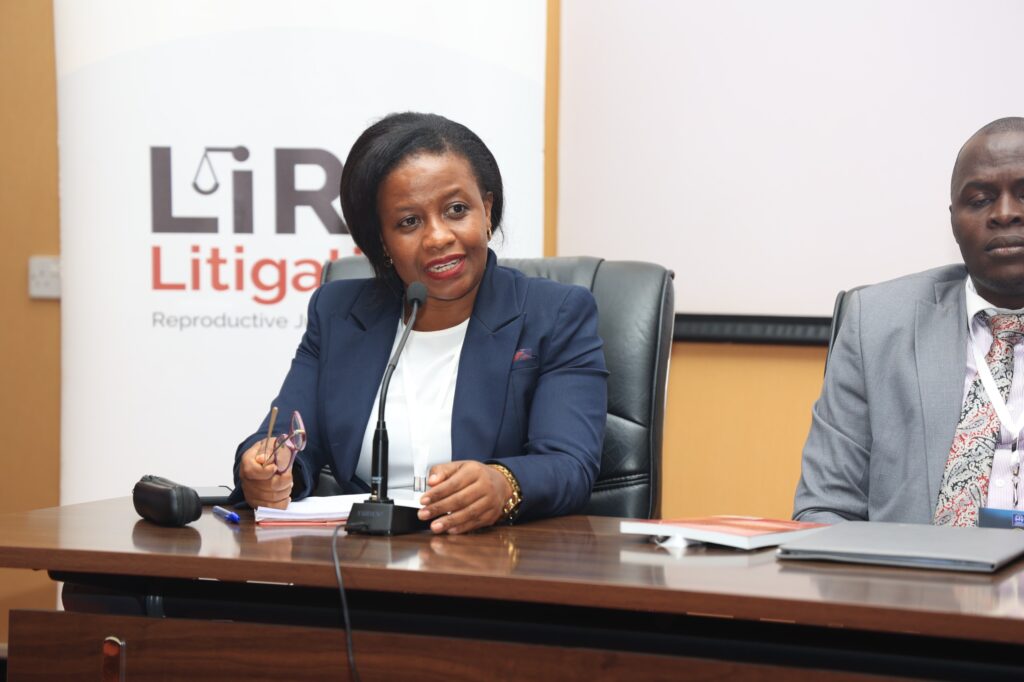
The panel emphasised that strategic litigation remains a powerful tool for litigants seeking to broaden the justiciability of the right to health, especially in relation to maternal and reproductive health. Ongoing engagement with the courts is crucial to ensure these rights are fully realised and enforced.
As societal norms and legal practices evolve, further efforts are needed to address emerging challenges and opportunities. By building on judicial precedents and advancing reproductive justice in Africa, Uganda can continue progressing towards making the right to health a reality for all its citizens.
Professor Ben Twinomugisha discussed “A Synopsis of the Evolving Legal and Ethical Landscape of Sexual and Reproductive Health Rights.” He highlighted the progress made in women’s human rights, particularly through international frameworks.
“In 1979, the CEDAW convention focused specifically on women’s rights, including access to healthcare services like emergency contraception,” he noted. Twinomugisha further added, “CEDAW has provided a powerful tool for advocating for women’s rights and holding governments accountable for their commitments.”
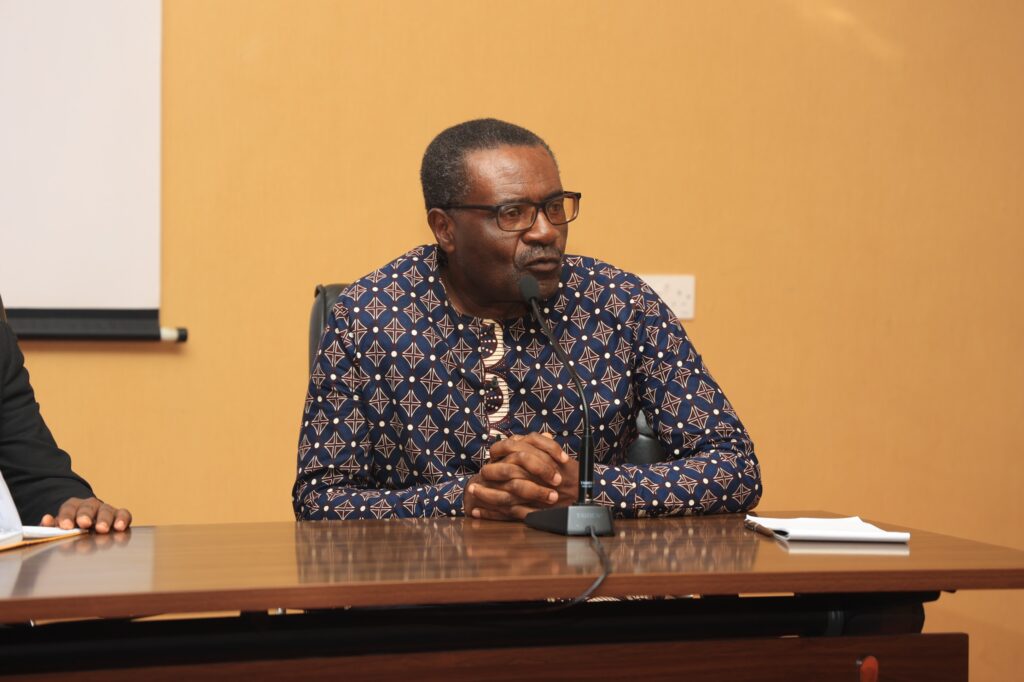
Her Worship Nsenge raised a critical question about the constitution’s ability to protect health rights: “Our constitution doesn’t clearly safeguard these health rights, making it harder to seek justice. We need to ask ourselves, are these rights truly protected by the law?”
The panel underscored the importance of strategic litigation, court engagement, and collaborative efforts across sectors to ensure that the right to health is justifiable and protected. As Uganda progresses towards making this right a reality, additional efforts are needed to address the challenges and opportunities within the evolving legal landscape.